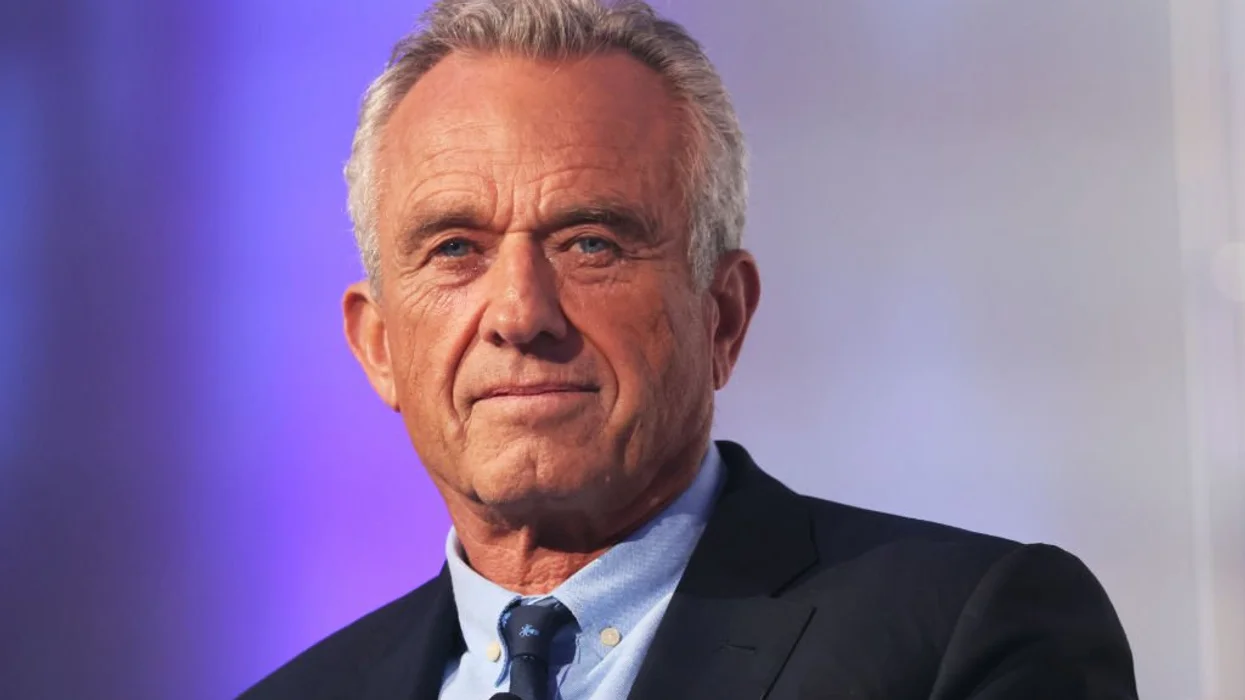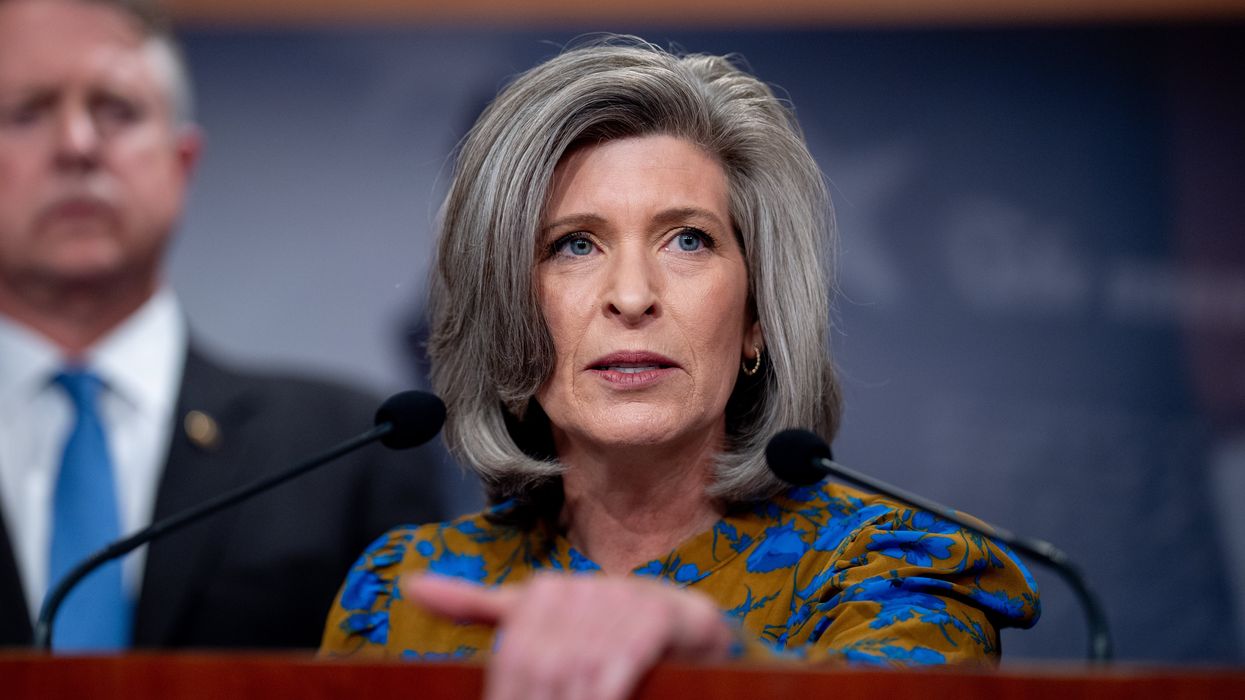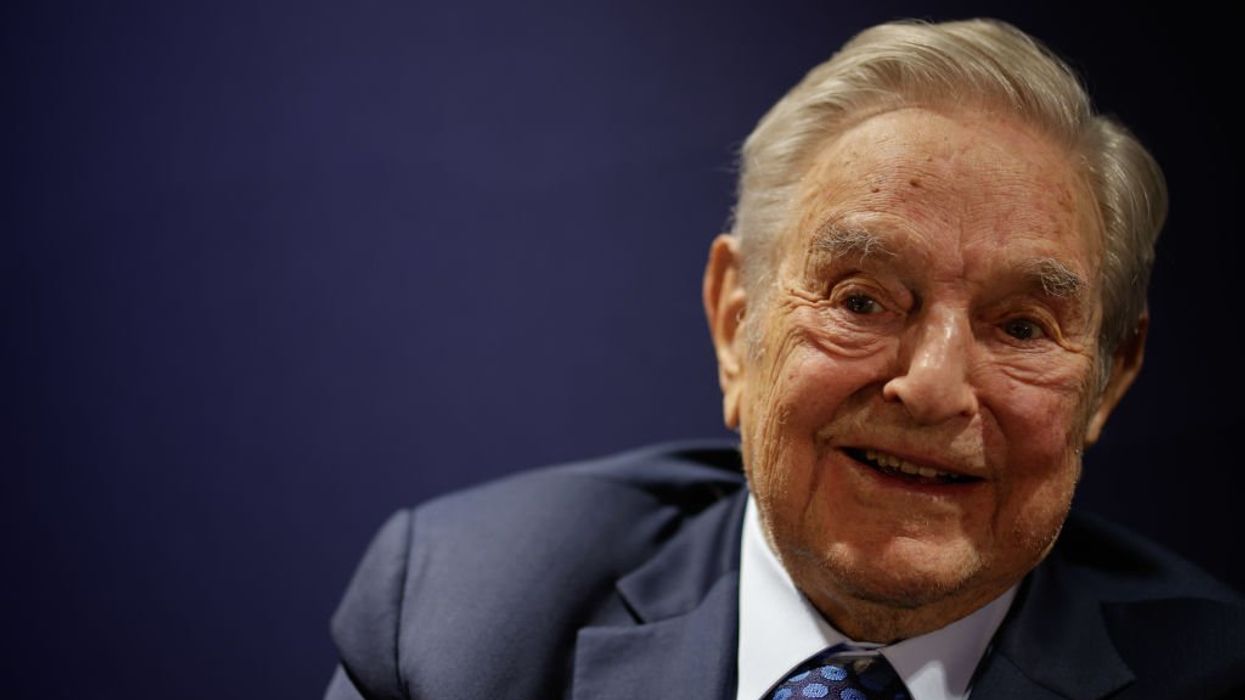© 2025 Blaze Media LLC. All rights reserved.
WASHINGTON (AP) -- The Obama administration on Friday declined to cite China for manipulating its currency to gain trade advantages against the United States but said the pace of the currency's rise against the dollar needs to be accelerated.
The Treasury Department noted that China has been allowing its currency to rise against the dollar since last June, but it said Beijing needs to make more rapid progress. America's trade deficit with China hit a record high last year.
The department's finding came in a report it must submit to Congress every six months determining whether other countries are manipulating their currencies. American manufacturers have been pushing for China to be cited. That could result in penalty tariffs on Chinese imports.
U.S. manufacturers believe China's currency is undervalued against the dollar by as much as 40 percent. This makes Chinese goods cheaper in the U.S. market and American products more expensive in China.
China's trade deficit with the United States hit $273 billion last year, the largest deficit the United States has ever had with any country. Critics contend that China is manipulating its currency to keep it undervalued against the dollar as a way of getting unfair trade advantages, an attack that has gained more support at a time of high unemployment in the United States.
In the report, the Treasury Department noted that China's currency has risen by 5.1 percent in value against the dollar since last June, when Beijing announced that it would resume allowing its currency to appreciate. The report said the appreciation was a faster 9 percent on an annual basis when taking into account different inflation rates between the two countries.
But private economists said that on a trade basis, China's currency really hasn't moved much at all given that while it is rising against the dollar, the dollar has been falling against many other currencies. Because of this, they contend that China will likely see its global trade surplus rise significantly this year.
Analysts said that Treasury's refusal to cite China was not unexpected, but the decision will likely add fuel to complaints that Washington needs to take a tougher approach on trade issues with China.
"The continued high bilateral trade deficit that the U.S. runs with China and a weak U.S. labor market will keep China's currency policy on the radar of U.S. politicians for some time to come," said Eswar Prasad, a China expert at Cornell University.
Nicholas Lardy, an economist at the Peterson Institute for International Economics, a Washington think tank, said that while China's trade surplus with the United States and the rest of the world shrank during the global recession, it is likely to rise significantly this year, adding to the pressure on policymakers to do something.
The Chinese embassy in Washington did not have an immediate reaction to the Treasury Department announcement, which was issued late Friday.
The Obama administration and the Bush administration have never cited Beijing in the currency report, believing that they can be more successful with arguments that such a move would be in China's advantage.
The new report made the point that Treasury Secretary Timothy Geithner has made, that a stronger Chinese currency would allow Beijing to better control rising inflation pressures in China.
The new report was scheduled to be released on April 15, but Geithner announced it would be delayed to give the administration an opportunity to meet with the Chinese for the annual discussions of the US-China Strategic and Economic Dialogue, which took place this year on May 9-10 in Washington.
Want to leave a tip?
We answer to you. Help keep our content free of advertisers and big tech censorship by leaving a tip today.
Want to join the conversation?
Already a subscriber?
Billy Hallowell is a digital TV host and interviewer for Faithwire and CBN News and the co-host of CBN’s "Quick Start Podcast."
Billy Hallowell
Billy Hallowell is a digital TV host and interviewer for Faithwire and CBN News and the co-host of CBN’s "Quick Start Podcast."
more stories
Sign up for the Blaze newsletter
By signing up, you agree to our Privacy Policy and Terms of Use, and agree to receive content that may sometimes include advertisements. You may opt out at any time.
Related Content
© 2025 Blaze Media LLC. All rights reserved.
Get the stories that matter most delivered directly to your inbox.
By signing up, you agree to our Privacy Policy and Terms of Use, and agree to receive content that may sometimes include advertisements. You may opt out at any time.





